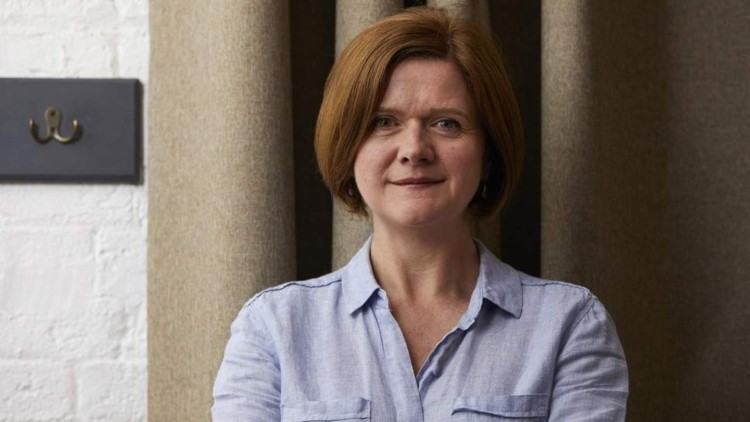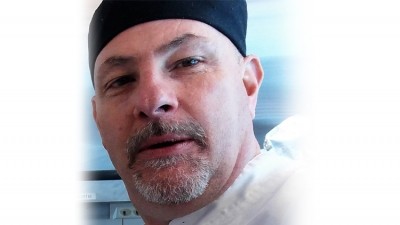Mental Health Awareness Week
Hospitality staff ‘put work before personal and mental health’

In line with Mental Health Awareness Week, the CV Library has released a report revealing almost three quarters (72%) of those surveyed believe work is the most important thing in their life right now.
In terms of rankings, work came second behind family, just over 60% of respondents put personal health first, with only 17.9% prioritising their social life and 10.3% their love life.
The report, which surveyed 1,200 working professionals, also discovered, despite putting work before their personal lives, less than a third of employees said they were in their “dream job”.
The UK Government’s Food Standards Agency website sets out a series of best practice guidelines for food service businesses, which should be followed to avoid putting customers and staff at risk.
It states people who work in the presence of food while suffering from bacterial or viral infections can “contaminate the food or surfaces they come into contact with”.
Dangerous issues
CV Library founder Lee Biggins said that aside from the concerns most of us have over maintaining a healthy work-life balance, more practical and “potentially dangerous” issues arise when it comes to the foodservice industry.
“Depending on the nature of your illness, you could pass this on to other members of the team, causing it to spread,” Biggins explained.
“Therefore, it’s best to take time out to look after your mental and physical health when you need to, so you can return to work feeling fresh and productive.”
This is not the first piece of research to be published this year that shows how staff working in pubs, bars and restaurants feel pressure to work, despite poor health.
A survey carried out in February by the same jobs website found just over eight in 10 employees only take one or two sick days a year.
Communication is key
Of those surveyed, one in five (20.2%) don’t like taking sick days because they believe it reflects badly on them, while 14% say their boss is not very understanding if they are ill.
Furthermore, one in 10 workers also claimed calling in sick is actively frowned upon in their workplace.
Upon hearing the results, Kate Nichols, chief executive of the industry body UKHospitality, said anyone feeling unwell should “obviously" speak to their boss to avoid making themselves sicker.
“The majority of employees avoid taking sick days because they do not want to let their team-mates down, which is admirable, but employees should make sure they can take care of themselves,” Nichols asserted.
“It is also important to remember that, if you are sick, you might pass on your illness to colleagues, so stay at home to avoid infecting others.
“This is even more important if your job involves preparing food or drink for customers.”





